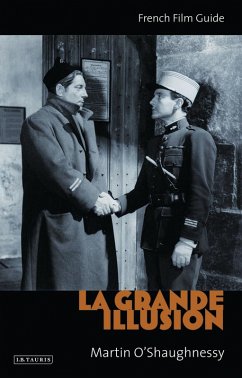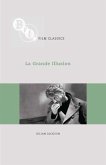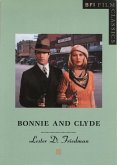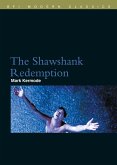Directed by the great Jean Renoir, "La Grande Illusion" (1937) is the finest of all anti-war films and a cinematic masterwork. Other films oppose war by showing its horror. Renoir's film holds the horror at arm's length to give us a clearer view of it. A prisoner-of-war drama, with brilliant performances from leading stars of its period, including Erich von Stroheim and Jean Gabin, the film combines popular appeal with a formal brilliance that allows a complex examination of how classes, nations and genders relate to one another. In this comprehensive and readable companion to the film, Martin O'Shaughnessy underlines its sharp intelligence. He shows how, not content to register the world as it is, the film plays off competing historical possibilities against each other, facing the public with their responsibility to shape the future. Locating the film in the context of Renoir's career, O'Shaughnessy discusses its use of stars, production history, set design and reception. He compares known drafts of the film with a previously undiscovered story outline, casting important new light on its genesis. Stressing how it spoke to its times, he also demonstrates how it speaks to us now.
Bitte wählen Sie Ihr Anliegen aus.
Rechnungen
Retourenschein anfordern
Bestellstatus
Storno









